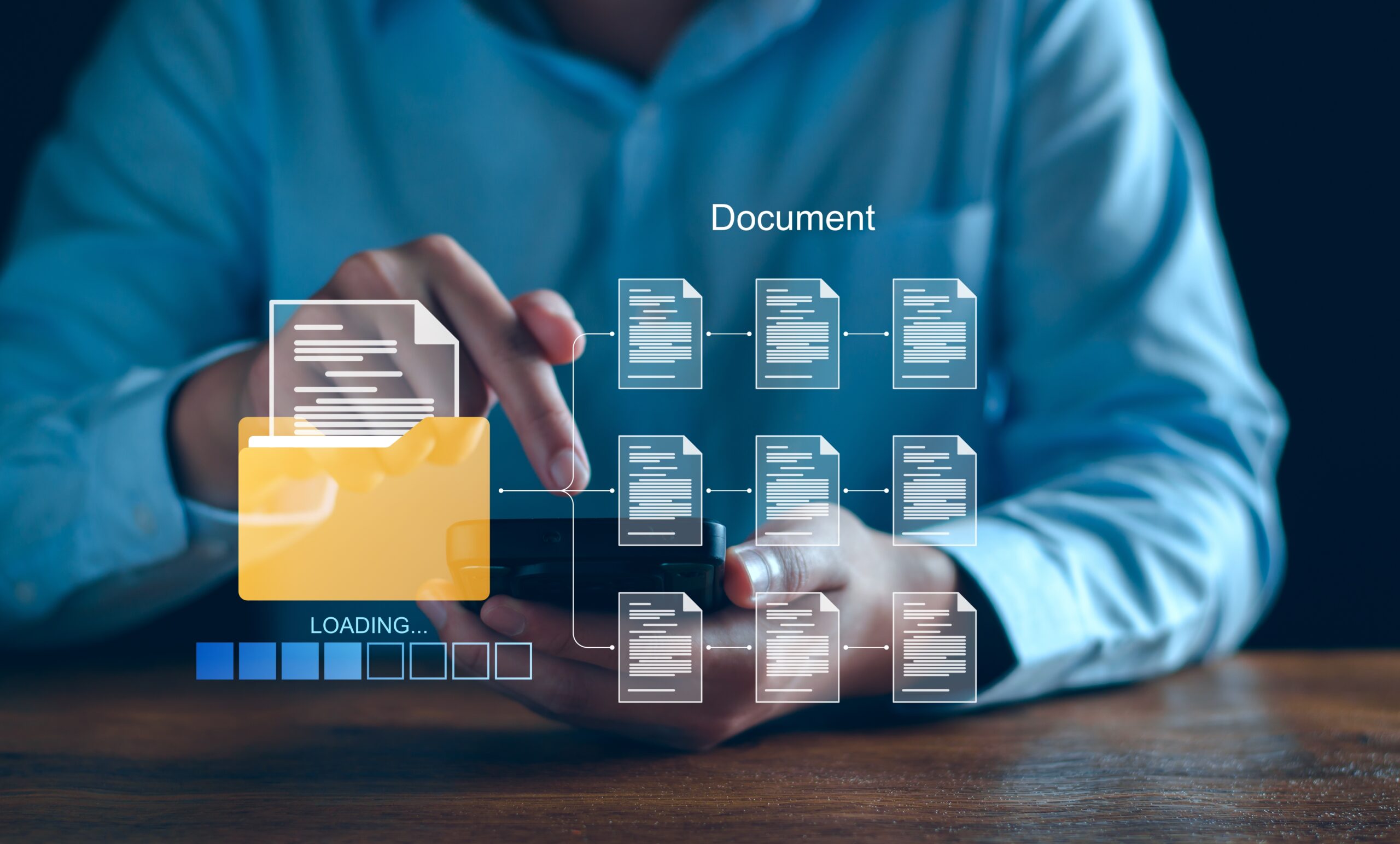Digital being high on Indian government’s agenda, standing in never-ending queues to avail services such as license issuance, certificate registration, and others have become a thing of the past. The government is striving to deliver citizen-centric administration by offering round-the-clock services; thereby, driving a high level of citizen satisfaction.
In an endeavor to digitally empower citizens, the government introduced Digital Lockers, which facilitate citizens to store their critical documents in a safe and secure environment. The documents encompass educational mark sheets, migration certificates, residential proofs, medical records, birth certificates, driving license, and much more. Digital locker establishes a communication protocol for the government officials and allows them to access documents without having to see the hard copies of each document.
Document Management System facilitating The Digital Locker Ecosystem
The Digital Locker ecosystem creates a repository for issuing authorities to upload electronic documents in a standard format. Digital lockers, provided to citizens, act as a platform for storing documents and making the information accessible in real-time. Citizens can access their digital documents anytime, anywhere and share them online in a secure environment.
In order to create a secure Digital Locker, a deeper reliance on open standard based Document Management System is inevitable. Putting in place an Enterprise Document Management System will enable the government to retain strategic control over the archival and management of critical citizen documents in a centralized and secure environment.
Here’s how a robust Enterprise Document Management system helps:
- Archival of citizen-centric documents – Citizen-centric processes, such as Driving License Issuance, Property Registration, Marriage/Birth/Caste certificates and Trade License Issuance require extensive handling of citizen-centric documents. Thus, the system makes it easier for governments to archive a huge volume of documents in a centralized repository.
- Compliance with open standards – The system enables the government to store and make documents readily available for the government agencies and the departments in long-term. Long-term archival of documents makes it easier for officials to do more with less and run processes efficiently.
- Secure management of billions of documents– Dumping documents on a local disk or storing them in databases have their share of safety and security concerns. Such databases cannot be relied upon in any way. Digital Locker stores and retrieves billions of documents in a secure environment.
- Support for integration with existing applications– The government departments have invested a lot of time and effort in automation of various individual functions and citizen-centric services systems. Most of the applications, such as SSDG, e-District systems, UIDAI system are fulfilling their objectives, but have created departmental silos. One of the driving factors behind successful implementation of mission mode projects is the ability of a new solution to co-exist with and leverage the existing IT investments and legacy applications. Digital locker provides a framework to integrate with existing services and offer a host of benefits to citizens in real-time. The system does not require citizens to re-submit documents in order to avail uninterrupted citizen services.
In conclusion
The government faces the daunting challenge of consolidating infrastructure, reducing costs, and ensuring speedy, transparent, and accountable delivery of citizen services. Thus, to transform the government service delivery model, it needs to have the right infrastructure & system in place.
You might be interested in

22 Jan, 2026
Why storing everything is not the optimal email archiving strategy for 2026



